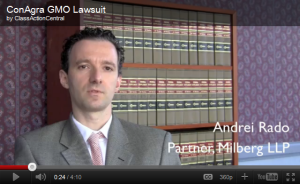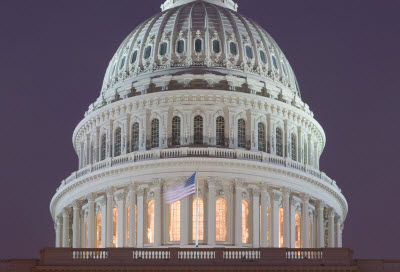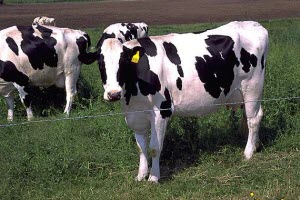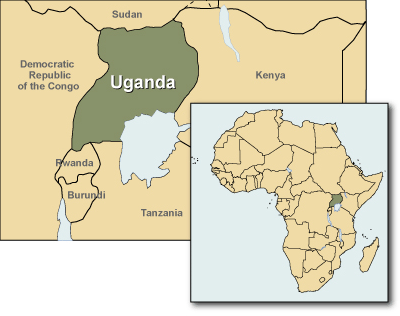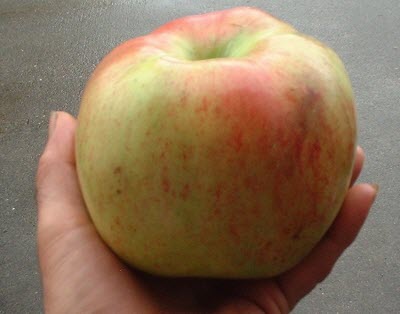Without mention of socioeconomic facts and reiterating biotech industry talking points about GMOs, last year’s workshop of Islamic scholars wholeheartedly approved of agricultural biotechnology. However, conclusions of the workshop are questionable.
|
|
|||
|
Faced with another government agency’s failure to follow the laws, advocate groups had to resort to the courts yet again, making the judicial system the last stopgap for even the most sensible environmental policy. The recent lawsuit against ConAgra Foods challenges the “pure” and “100% natural” labeling on the popular line of Wesson cooking oils allegedly made with genetically modified corn and soybeans. Watch this discussion about the nature of the suit. Farmers and agricultural organizations demanded their right to be heard after Monsanto asked the court to dismiss the lawsuit challenging the company’s aggressive enforcement of genetically modified seed patents. The U.S. House Committee on Agriculture is meeting to “review the causes and consequences of government over-regulation of agriculture biotechnology.” Two class action suits challenge the “pure” and “100% natural” labeling of ConAgra’s line of Wesson cooking oils. Can something genetically modified be also natural and pure? Cows producing human breast milk?! Hold the laughter, this story is real. Scientists in China and Argentina genetically modified cows to produce human breast milk. Milk and cookies, anyone? Genetically modified crops reinforce genetic homogeneity and promote large scale monocultures, they increase vulnerability of crops to climate change, pests and diseases and thus contribute to the decline in biodiversity. In the age where 75% of our plant genetic diversity has been lost, we must ask whether GMOs are doing more harm than good. Gold rush is a thing of the past. The name of the new game is “land grab”, where governments of developed nations and multinational companies are leasing or buying large tracks of land across the African continent and other countries around the world in a feverish rush to grow crops for food and bio-fuel. “Society stands on the precipice of forever being bound to transgenic agriculture and transgenic food” reads the first sentence in the amended complaint filed by farmers, environmentalist, researchers and consumer groups against Monsanto. New plaintiffs strengthen the resolve to stand up to Big M. The Future of Food conference can be neatly summed up by this timeless aphorism uttered by Mahatma Gandhi: You must be the change you want to see in the world. Let’s get to work! Recently, Sec. of Agriculture Tom Vilsack compared biotechnology and sustainable agriculture to two sons, for whom he declared equal love. Read on to learn why biotech has in fact been the agency’s favorite “son.” USDA often sides with and promotes industry interests. Its new pilot program allowing biotech developers to prepare their own safety studies or pay for those selected by the agency will only reinforce the image of an agency regulating for the industry. Lawsuit by organic groups asks Federal court to invalidate Monsanto’s patents and to end Monsanto’s practice of suing farmers over GMO contamination. A California Appeals Court reversed a lower court’s ruling which would have required the destruction of genetically modified sugar beet seedlings planted in September 2010. Cardinal Turkson, the head of the Pontifical Council for Justice and Peace, discussed GMOs in an interview with the Vatican newspaper. Yesterday, USDA’s Sec. Tom Vilsack announced that genetically engineered alfalfa, that has been modified to withstand repeated application of Monsanto’s RoundUp herbicide, will be completely deregulated nation-wide, without any restrictions. The recently released WikiLeaks cables confirm Vatican’s secret support for GMOs and demonstrate the critical role U.S. diplomacy plays in the spread of biotechnology. Several scientists at the Pontifical Academy of Sciences recently released a statement fully backing GMOs. While the Holy See tried to distance itself from these statements, recent WikiLeaks revelations belie the Vatican’s claim to neutrality. A Federal Court ordered the removal of genetically modified beet seedlings. After USDA and Monsanto appealed, the Ninth Circuit Court of Appeals is delaying the removal until a hearing that was rescheduled for February. GMOs have started to proliferate in Africa and other developing nations. The growth of GMOs in developing nations, however, brings to the forefront deeply rooted issues of social injustice. USDA was asked to approve a genetically modified apple variety that keeps from oxidizing and going brown when cut or damaged, but this is produce nobody wants. Scientists at the University of Bristol have discovered a previously unknown route by which GM genes may escape into the natural environment leading to questions about the unintended patented gene flow. A look at the recent GMO stories, including a manifesto for changing the system of industrial food production and farming, also recent studies revealing the health hazards of GMOs. A settlement in GM rice contamination lawsuit. The tragedy of CAFOs in pictures. And more. |
|||
|
 |
|||
